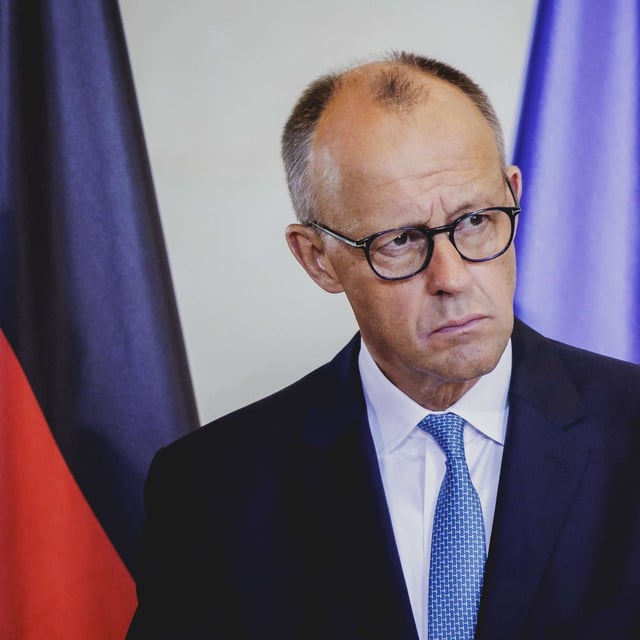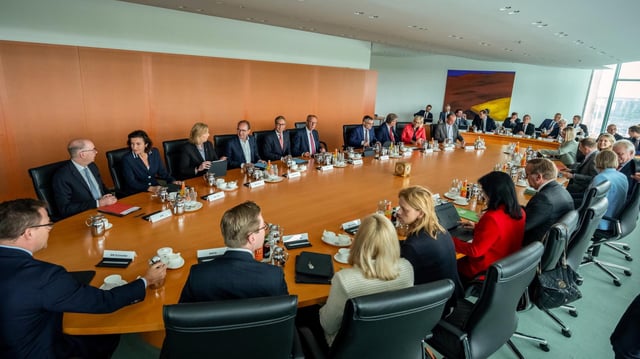Overview
- The new council will monitor and analyze global risks, coordinate Germany’s security policy and develop longer-term strategies spanning internal, external, economic and digital security.
- It will meet regularly with the head of the Chancellery and the ministers for foreign affairs, interior, defense, finance, economy, justice, development and digital affairs, with additional participants invited as needed.
- A 13-person support unit in the Chancellery, led by Merz’s chief of staff Jacob Schrot, is being stood up to compile shared situation reports and connect ministries, security services and Länder.
- The council builds on the existing Bundessicherheitsrat and implements a Union–SPD coalition commitment that Merz says was delivered within four months.
- Experts and policymakers warn that effectiveness will depend on overcoming fragmented responsibilities across nearly 40 authorities and on establishing shared early-warning capabilities and a national situation center.

